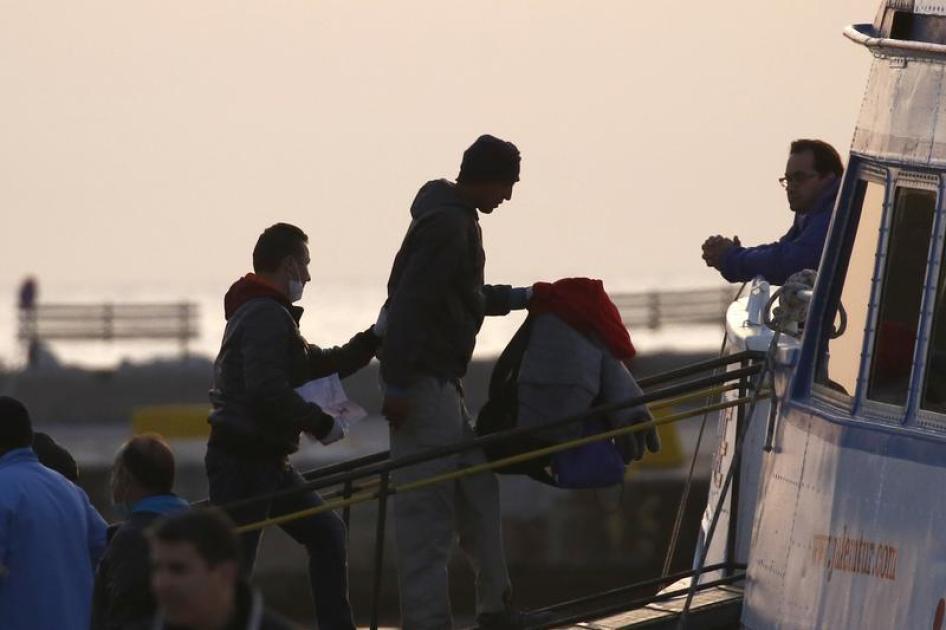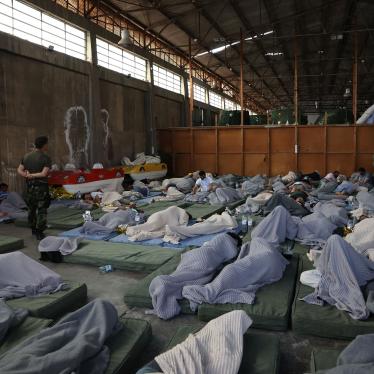With little fanfare or media attention, the European Union and Greece yesterday quietly resumed deporting “irregular migrants” from Greece to Turkey.
After a two-week pause, boats reportedly took 31 people from Kos, 13 from Lesbos, and five from Chios – among them Afghanis, Iranians, and Jordanians.
Since April 4, when deportations in connection with the flawed EU-Turkey deal began, Greece and the EU border agency Frontex have deported 375 people from the three islands.
The EU and Greece insist that all of the deportees declined to seek asylum in Greece. But can we be sure?
According to the UN refugee agency, UNHCR, among the first deportees in early April were 13 people who wished to seek protection in Greece. Our research on the Greek islands suggests that number could be higher.
At least a dozen of the first deportees were returned without their bags, which for some included documents and mobile phones. Those who took their phones apparently had them confiscated by Turkish authorities, breaking contact with friends and family still in Greece.
And will these deportees have the chance to seek asylum in Turkey? Even if granted this right, they can do so only for resettlement in another country. With the exception of Syrians, refugees from non-European countries are not eligible for temporary protection in Turkey.
EU officials have called Turkey a safe country for refugees, with European Council President Donald Tusk praising Turkey as “the best example for the whole world on how we should treat refugees.”
But Tusk and others ignore the more than 100,000 Syrians trapped in camps on the Syrian side of the closed Turkish border, some of them coming under fire from Turkish border guards as they flee fighting. Amnesty International has documented Turkey’s forced returns of Syrian refugees.
The EU spins the deportations from Greece as “breaking the cruel business model of smugglers,” even though many refugees see smugglers as a lifeline to safety. Indeed, absent rights safeguards in Turkey and Greece, the EU deal is cruel in its own right, and a violation of international law.










